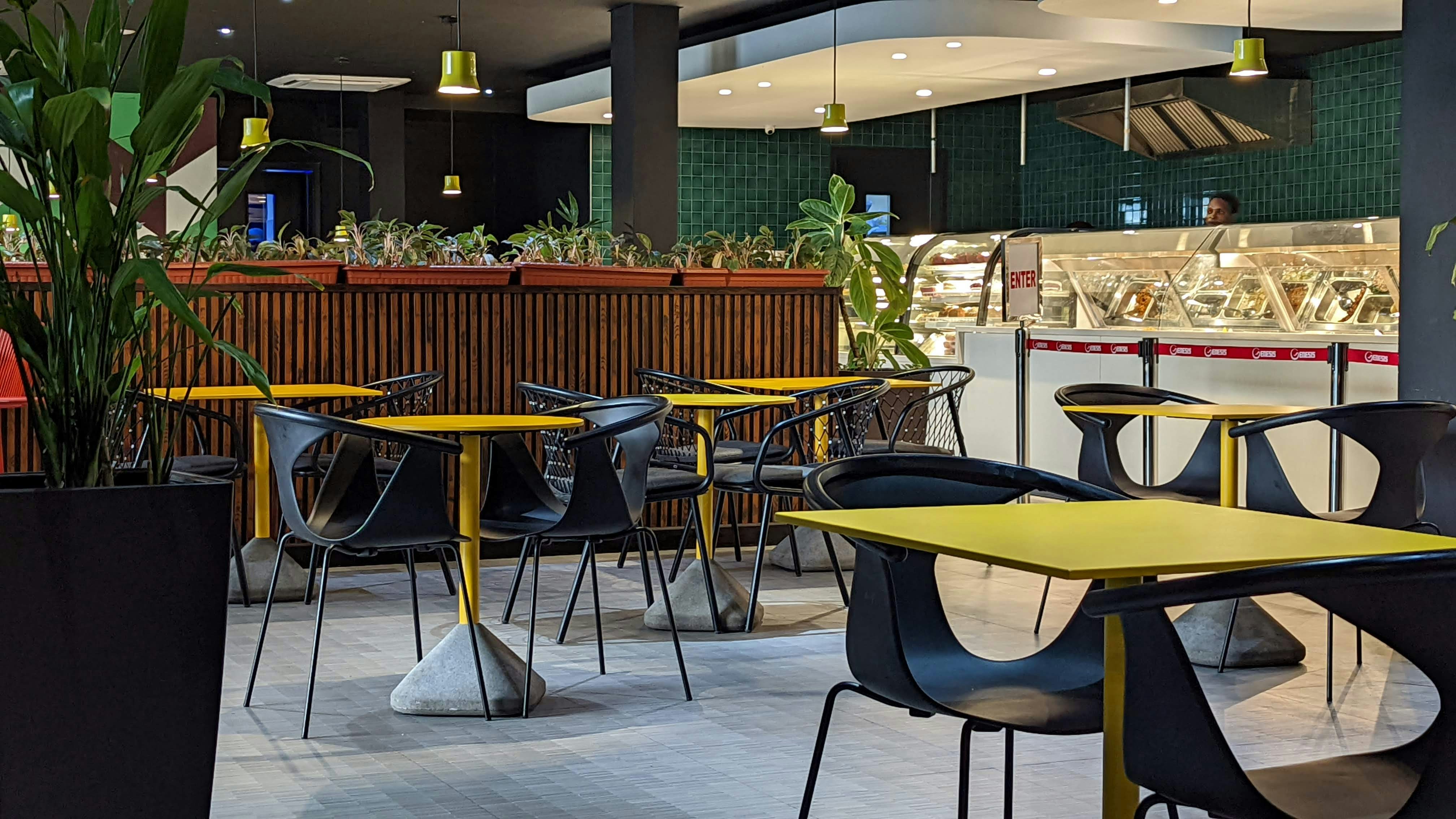Maximizing Capital Efficiency: The Power of Sale Leasebacks in the Restaurant Industry
Explore how sale leasebacks offer a compelling financing option for restaurants in the current economic landscape. Learn about the benefits of sale leasebacks, their cost-effectiveness, and the crucial role of credit strength in unlocking capital.

Photo by the blowup on Unsplash
Unlocking Capital with Sale Leasebacks
Sale leaseback transactions have emerged as a strategic financial tool for restaurants, enabling them to leverage their owned real estate to access critical capital. By selling their properties and leasing them back, restaurants can free up funds that were otherwise tied up in real estate holdings. This injection of capital offers businesses the flexibility to fuel growth initiatives, expand their footprint, or streamline operations.

Photo by the blowup on Unsplash
Cost-Effectiveness and Capital Efficiency
One of the key attractions of sale leasebacks lies in their cost-effectiveness. While debt capital costs have surged in recent years, sale leaseback agreements offer a relatively stable financing option with attractive terms. The concept of capital efficiency through sale leasebacks is exemplified by the concept of 'cap rates.' These rates, compared to escalating interest rates, present a favorable financing alternative for restaurant companies, positively impacting their profitability and cash flow.
Arbitrage Opportunities for Additional Value
Beyond providing immediate capital infusion, sale leasebacks also present an arbitrage opportunity for operators. By translating the valuations of sale leasebacks into EBITDA multiples, businesses can realize additional value. The favorable multiples typically associated with sale leasebacks create a pathway for operators to maximize their returns and enhance the financial performance of their establishments.
Importance of Credit Strength
A critical aspect of successful sale leaseback transactions is the creditworthiness and financial health of the restaurant business. Investors seek tenants with a robust credit profile capable of honoring long-term lease commitments. Strong credit strength ensures a steady income stream for investors, making it imperative for businesses to maintain a healthy financial standing to unlock the full potential of sale leaseback financing.

Photo by the blowup on Unsplash
Learning from Red Lobster's Experience
The case of Red Lobster's bankruptcy following its sale leaseback transactions serves as a lesson in the dynamics of such financial deals. While the sale of properties initially aimed to support the chain's growth, external factors like the pandemic and industry challenges led to unforeseen outcomes. It highlights the importance of holistic business strategies beyond just financial transactions.
